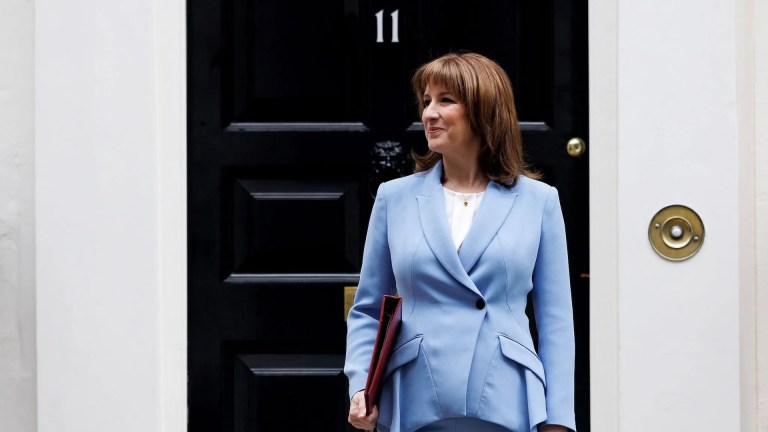How it was told
First of all, change your clocks if you haven’t done so already (spring forward, fall back). The official arrival of British Summer Time at the weekend was preceded by a vote in the European Parliament last week that backed scrapping the biannual time warp, effective from 2021.
But we’re no longer in the EU! Or are we? By the time 2021 comes around, who knows. Either way, as the countdown to Brexit continues, some were concerned that the EU could be stealing our sunshine, as time zone decisions made by our international neighbours may determine when we have to set our alarms in the morning.
The main fear was that whatever time zone Ireland chose to be in would dictate Northern Ireland’s clocks. “The move could see Northern Ireland and the Republic ending up in different time zones,” warned The Sun. “Stay in single market and lose British Summer Time,” said The Times, although arguably we lost summer time a long time ago (last year’s scorcher being the exception that proves the rule).
Facts.Checked.
Let’s turn back the clock to when British Summer Time was introduced. It was builder William Willett who campaigned to get the times a-changin’ to stop the needless waste of light in summer months. His idea was to move clocks forward by 80 minutes in 20-minute jumps every week in April. He died the year before the Summer Time Act was enacted in 1916, and several decades before his great-great grandson Chris Martin started the band Coldplay, which has its own time-bending properties.
Willett was following the lead of Benjamin Franklin who first proposed the idea in 1784 to save candles. But much like candles, the reasons for retaining British Summer Time have waned through the years.
The vote passed in the EU Parliament allows each member state to decide the time they would adopt full-time based on the three time zones member states currently share. So they could stick with the system as it exists at the moment but member states can choose whether they want to stay in perpetual summer or winter from 2021. In theory, Ireland could choose to match time zones with France and Germany.









